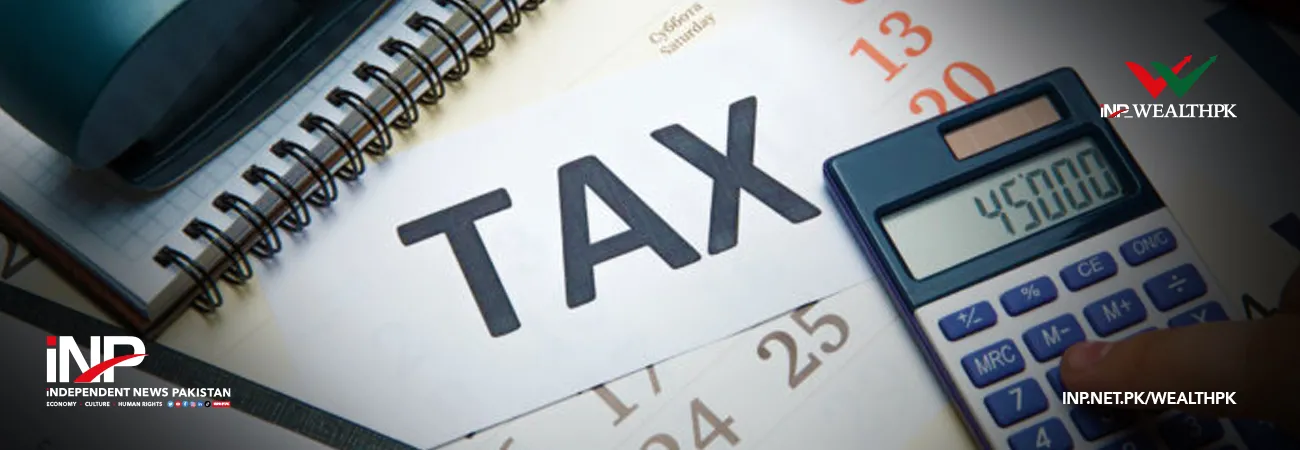INP-WealthPk
Ayesha Saba
Pakistan needs prudent and transparent tax reforms in view of its unique social, economic and political context to strike a balance between increasing revenue and encouraging investment, and ensure fair distribution of tax burden. Dr. Abdul Rashid, noted economist and Director General of International Institute of Islamic Economics at the International Islamic University, Islamabad said this while talking to WealthPK. Low tax-to-GDP ratio is a shared challenge not just for Pakistan but also for numerous developing countries. This issue stems from various interconnected factors that impact the fiscal health and economic development of nations. “Pakistan is facing a significant fiscal deficit, and increasing tax revenues has proven to be a significant challenge for the government. The country's tax-to-GDP ratio is one of the lowest in the world, indicating a significant tax gap,” he lamented. He underlined that the government needed to make its tax rates effective to get better results in revenue collection. “An effective tax rate doesn’t mean a higher tax rate when the government increases it.
For example, when the sales tax is increased, the prices of products increase, leading to a decrease in demand and tax collection due to a slump in sales. “An effective tax rate does not hurt demand and consumption, while a non-effective tax rate adversely affects the net income and purchasing power of the people,” he said. He suggested that while deciding the income tax rate, the purchasing power of the people should be kept in mind because different segments of the population had different income levels. “The FBR needs to focus on other sectors and bring them into the tax net instead of focussing on the salaried class. Many people have income from multiple sources, and there is no mechanism to bring them into the tax net,” he pointed out. “Pakistan has a large informal economy, which is the main reason for the low tax base. The government needs to increase the documentation of economy. The FBR needs to conduct a comprehensive study of the informal sectors in order to bring them into the tax net. “A number of sectors, including transport, bakers, food chains, hotels, and real estate business, have a great potential as far as tax collection is concerned.
Taxes on the real estate sector also require reforms. Housing societies, stock market, and money market can also fetch a handsome tax,” he added. The World Bank (WB) recently urged Pakistan to axe all tax exemptions and tax incomes from agriculture, properties, and retail businesses under an effective tax net to generate additional revenues. Pakistan’s total revenue collection averaged 12.8pc of GDP in the past decade, substantially lower than the South Asian average of 19.2pc. Ironically, on top of that, total revenue has been declining over time. According to the monthly economic update and outlook for September 2023, the FBR net provisional tax collection during July-Aug FY2024 grew by 27.2 percent to Rs1207.5 against Rs949.1 billion last year. In August 2023, the FBR collected 36.4 percent more taxes to reach Rs669.1 billion from Rs490.7 billion last year. Tax collection has surpassed both its monthly and Jul-Aug FY2024 targets by Rs20.0 billion and Rs24.4 billion, respectively. During Jul-Aug FY2024, direct tax revenues increased by 42.2 percent, sales tax by 16.6 percent, FED by 58.0 percent, and customs duty by 11.3 percent.
Credit: INP-WealthPk













